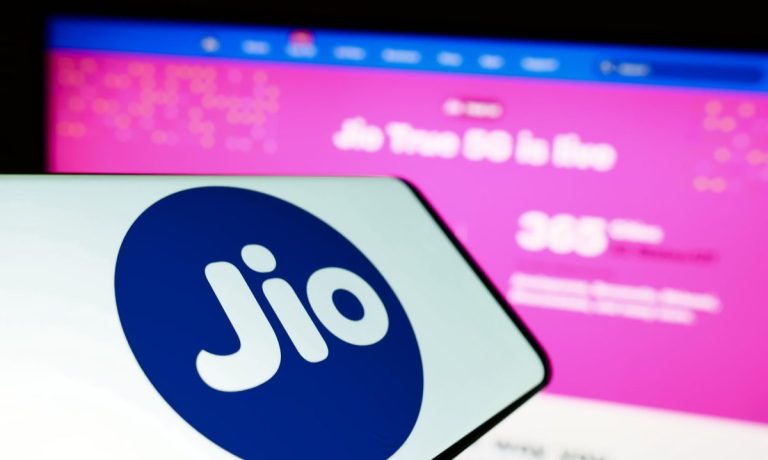Possible Jio Financial Services IPO Opens India’s Digital Front Door for Investors

The door opens for investors to bet on the digital front door, in India.
The premise and promise of the super app is to give a single point of entry (the front door) to a range of activities spanning everything from ride-hailing to commerce to financial management.
Bloomberg reported that Reliance Industries Ltd. is planning to list its digital financial services unit, Jio Financial Services — and a listing in Mumbai could happen this fall, the news outlet said, citing “people familiar with the matter.”
Reliance Industries, which is the parent company of mobile network Jio, and which also has operations in retail and in oil and textiles, would effectively “de-merge” the financial services operation, giving investors a chance to focus on FinTechs in general and digital lending in particular.
The move is not entirely a surprise, as Reliance had said last year it would tackle the spinoff. In a statement last fall, billionaire Mukesh Ambani, who heads the multinational conglomerate, said Jio Financial would operate as “a technology-led business, delivering financial products digitally by leveraging the nationwide omni-channel presence of Reliance’s consumer businesses.”
And in that statement, we note, lie hints of the super app’s appeal and continued evolution. Digging into the company’s most recent results, for the March quarter, Reliance posted 7.1% growth in its subscriber base, to more than 439 million, while churn remained stable at 2%. The installed base gives firm footing — a connected market — for using devices and data across various channels, in-store, online, and tapping into financial services. Within the its annual report, the firm notes that offering connectivity and 4GE LTE services provides a springboard to the “digital transformation” that includes payments and finance and also commerce. Specifically, Jio Financial Services would operate within lending, asset management and insurance segments.
The current financial services offerings touch roughly 20 million consumers, the company has said. Jio Payments Bank is a subsidiary of Jio Platforms, in turn owned by Reliance, and ties savings to a range of activities; JioMoney is the Indian mobile wallet that can be leveraged to load money through cards or bank accounts that then facilitate online or instore purchases. We’ve spotlighted the digital shift in India’s financial services industry in other coverage, where, for example, pre-approved credit lines are linked to the United Payments Interface (UPI). Earlier this month, the Reserve Bank of India said that these “pre-sanctioned” credit lines at banks could be issued directly and digitally via UPI.
A Global Embrace
The super app model is finding wide embrace across the globe. As PYMNTS and PayPal found late last year in the study “Super Apps for the Super Connected,” more than 9,000 consumers across the United States, the United Kingdom, Australia and Germany signaled their willingness to use their apps to shop, manage healthcare and conduct transactions with financial institutions. That data is extrapolated to a huge audience — 96 million users would be active users of the super app worldwide, and would hit the ground running, so to speak, on day one.